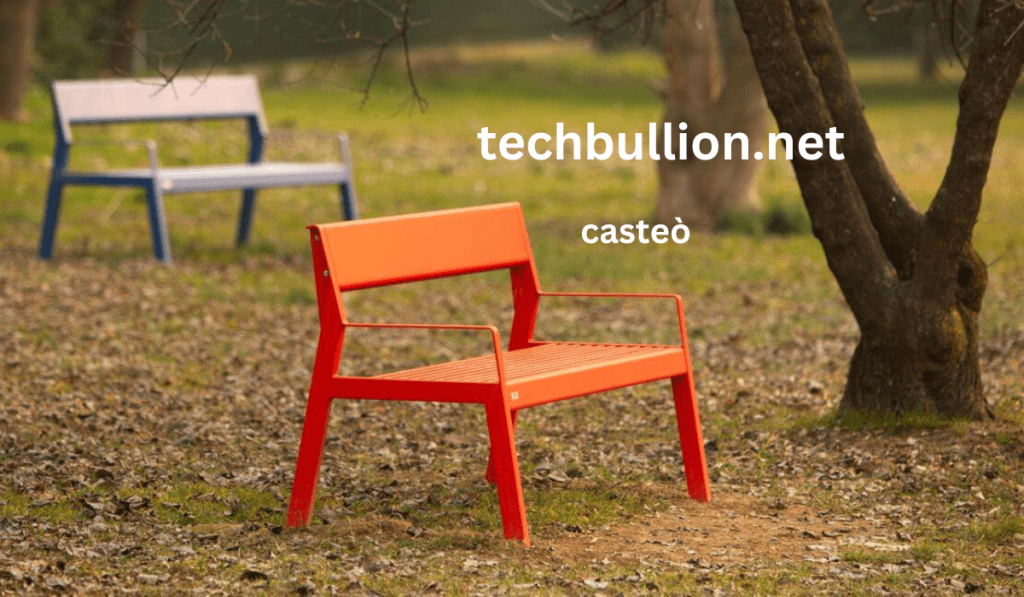Introduction to casteò
casteò, a complex social structure, has been an integral part of colorful societies for centuries. This composition aims to give a comprehensive understanding of the estate, exploring its literal origins, contemporary counteraccusations, and the ongoing sweat to promote equivalency and social justice.
[lwptoc]Historical Origins of casteò
Ancient Societies and casteò Systems
The origins of the estate can be traced back to ancient societies analogous as India, Mesopotamia, and Egypt. In these societies, estate systems were established to maintain social order, with individualities assigned specific places and arrears predicated on their estate. The hierarchical nature of these systems varied, but they all served to regulate social relations and connections.
Evolution Over Time
As societies evolved, so did the concept of casteò. While traditional casteò systems have diminished in many regions, their influence persists in various forms, shaping social dynamics and cultural practices. The evolution of casteò reflects changes in societal norms, values, and structures, highlighting the need for ongoing dialogue and understanding.
The Modern Understanding of casteò
casteò in Contemporary Societies
Moment, the estate continues to play a significant part in shaping social dynamics in numerous countries, particularly in South Asia. Despite legal reforms and social enterprise aimed at promoting equivalency, estate-grounded demarcation remains a significant challenge, affecting millions of individualities’ lives and immortalizing systemic inequalities.
Counteraccusations and Challenges
The continuity of estate-grounded demarcation has far- reaching counteraccusations, impacting individualities’ openings, well-being, and overall quality of life. Addressing these challenges requires a multifaceted approach, involving legislative reforms, educational enterprise, and community engagement. likewise, addressing the underpinning causes of estate-grounded demarcation, similar to social smirch and prejudice, is pivotal for fostering inclusive societies.
Debunking Myths About casteò
Misconceptions and conceptions about estate frequently immortalize discriminative practices and hamper progress toward equivalency. By challenging these myths and promoting accurate understanding, we can foster less empathy, respect, and inclusivity within society. Educating individuals about the complications of estate and its impact on individualities and communities is essential for promoting dialogue and understanding.
The Global Perspective on casteò
casteò Outside
While frequently associated with India, estate systems live in another corridor of the world, albeit in different forms. Understanding these variations and their unique artistic surroundings is pivotal for addressing estate-grounded demarcation on a global scale.
By examining the global perspective on casteò, we can identify common challenges and opportunities for promoting equality and social justice.
The Impact of Globalization
Globalization has influenced the perception and practice of casteò, with increased awareness and advocacy efforts aimed at promoting equality and social justice worldwide. However, globalization also presents challenges, such as cultural appropriation and commodification of cas teò identities. By addressing these challenges and promoting cross-cultural dialogue and collaboration, we can work towards fostering a more indifferent and inclusive global community.
The part of casteò in Social Justice Movements
casteò- grounded Demarcation
estate-grounded demarcation remains a pressing issue, challenging ongoing sweats to challenge discriminative practices, raise mindfulness, and promote equivalency within society. Social justice movements play a vital part in championing change and addressing systemic inequalities. By marshaling communities, engaging stakeholders, and championing policy reforms, these movements are necessary in advancing social justice and equivalency.
Sweats Towards Equality
colorful social justice movements and enterprises are working lifelessly towards addressing estate-grounded demarcation and promoting inclusivity. By raising mindfulness, championing policy reforms, and fostering community engagement, these sweats are necessary in advancing social justice and equivalency. likewise, collaboration between governments, civil society associations, and the private sector is essential for enforcing sustainable results and addressing the root causes of estate-grounded demarcation.
Conclusion
In conclusion, the estate is a complex and multifaceted conception with deep literal roots and contemporary counteraccusations. By understanding its complications, challenging misconceptions, and promoting inclusivity, we can work towards fostering a more indifferent and harmonious society for all. Addressing estate-grounded demarcation requires collaborative sweat, commitment, and collaboration from individuals, communities, and institutions to produce lasting change and promote social justice.
